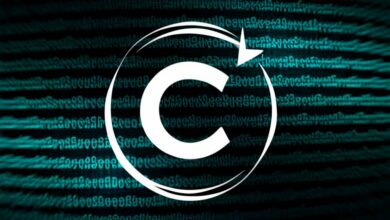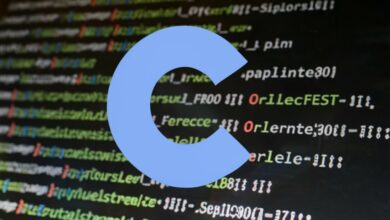
C program to check given number is prime or not using If-statement
Identifying Prime Numbers: A C Program with If-Statements
Prime numbers are integers with exactly two distinct natural number divisors: 1 and itself. Determining primality is a fundamental concept in many areas of mathematics and computer science. This guide explores a C program that utilizes if statements to efficiently check if a given number is prime.
1. Understanding the Logic
A prime number has no factors other than 1 and itself. Therefore, to check if a number is prime, we need to iterate through every potential divisor (except 1 and the number itself) and test if it divides the number evenly. If any divisor divides the number evenly, then the number is not prime. Otherwise, if no divisor divides the number evenly, then the number is prime.
Here’s the basic logic:
- Input: Obtain the number to be checked.
- Iteration: Loop through potential divisors from 2 (the first prime number) to the square root of the number (since any larger divisor would have a smaller counterpart already checked).
- Division Test: Use the modulo operator
%to check if the number is divisible by the current divisor. Ifnumber % divisor == 0, the number is not prime. - Prime Check: If the loop completes without finding any divisors, the number is prime.
2. Implementing the Program
Now, let’s translate this logic into a C program using if statements:
C
#include <stdio.h>
int main() {
// Declare variables
int number;
int isPrime = 1; // Assume prime initially
// Input the number
printf("Enter a number: ");
scanf("%d", &number);
// Check for special cases (1 and 0)
if (number <= 1) {
isPrime = 0; // not prime
} else {
// Loop for potential divisors
for (int i = 2; i <= sqrt(number); i++) {
if (number % i == 0) {
isPrime = 0; // not prime, found a divisor
break; // no need to check further
}
}
}
// Print the result
if (isPrime) {
printf("%d is a prime number.\n", number);
} else {
printf("%d is not a prime number.\n", number);
}
return 0;
}
Explanation:
- The program includes
stdio.hfor input/output operations. - Variables for the number, prime check flag, and loop counter are declared.
- The number is received through
scanf. - A special case check identifies non-prime numbers like 0 and 1.
- Otherwise, a loop iterates through potential divisors from 2 to the square root of the number.
- Inside the loop, an
ifstatement checks for divisibility using the modulo operator. If found, theisPrimeflag is set to 0 and the loop breaks. - After the loop, the
isPrimeflag determines the output message.
3. Optimizations and Enhancements
While this program serves its purpose, here are some ways to improve it:
- Efficiency: Calculate the square root once outside the loop instead of every iteration.
- Range check: Allow checking for specific ranges of numbers.
- Multiple numbers: Modify the program to analyze multiple numbers.
- Function: Separate the prime check logic into a reusable function.
Remember to adapt the program based on your specific needs and desired functionalities.
4. Conclusion
This guide has provided a detailed explanation of a C program to check for primality using if statements. By understanding the underlying logic and the program’s implementation, you can further explore optimizations and enhancements to create robust and efficient prime number identification tools.




